I want to make an app in Swift that simply record via the mic of the iPhone and then play the sound recorded.
For that, I'd like to use the lib Superpowered that is a static library with header files.
For that, I tried to drag and drop the .a and headers files in my project (Xcode create for me a bridging header file), add the .a in "Linked Frameworks and Libraries" in Xcode > Target > General (and so in Xcode > Target > Build phases > "Link Binary With Libraries" too) and index the .h files path in Xcode > Target > Build Settings > Search Paths > Library Search Paths.
But with that I have the error "ld: symbol(s) not found for architecture arm64" Exactly the same as here XCode: Undefined symbols for architecture arm64 error and I tried all the solutions that I found on the web for that, still no way to compile.
SO !
Superpowered gives us a sample app to show how to mix Objective-C++ and use their lib within a Swift project (Here's a link to the git if you want https://github.com/superpoweredSDK/Low-Latency-Android-Audio-iOS-Audio-Engine).
Here is some screenshots of the sample project with what I understand and what I don't :
The Bridging-Header-File with the prototypes of the methods of the lib that I want to use within my Swift code (I don't like this but if it's the only way...).
The viewController file where the code in Swift is, and where I can create a Superpowered object thank's to the Bridging-Header-File, and call the methods that I've put in it.
And wtf I don't even understand why this Objective-C++ file is here and what it contains. It comes out from nowhere, not even their lib files.
So with this sample project in mind, I've created my own project, here is some screenshots :
The same Bridging-Header-File that in the sample project except that I include SuperpoweredIOSAudioIO.h so I can use SuperpoweredIOSAudioIODelegate.
My viewController file where the code in Swift is, and where I can create a Superpowered object thank's to the Bridging-Header-File, and call the methods that I've put in it.
Until here, it's great, except that I can't for exemple create a SuperpoweredRecorder object. If I try to include the SuperpoweredRecorder.h file in my Bridging-Header-File I have these errors :
So I saw that it is because SuperpoweredRecorder.h includes some .cpp files and I have to create a wrapper for cpp (a little bit like I did with the bridging header, no ?) but that includes a .h and a .mm file and I don't know what I have to put in that .mm file (the code of SuperpoweredRecorder.cpp ? But I don't have access to it)
So yes, I'm a little bit confused with all that stuff, can you help me to understand how can I use all the Superpowered lib in my Swift project please ?








